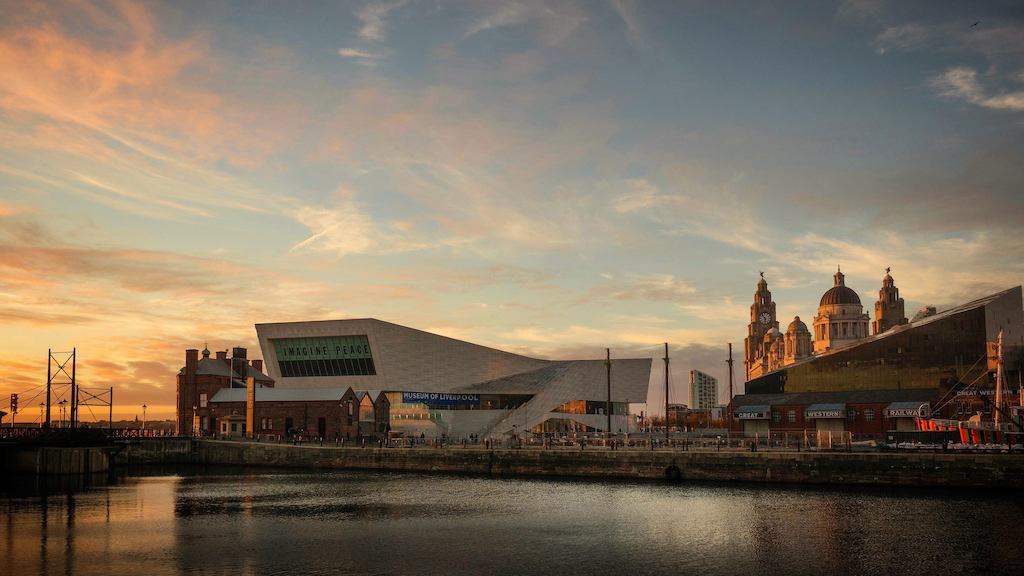I feel Liverpool has a lot to offer but needs to reach out to more people who are isolated, who are at a loss after retirement and who are new to the area. Being active and connected with others is really important, it’s good for wellbeing and health so I’m hoping for more inter-generational projects and both older people and younger people have so much to learn from each other. I would also like more cultural activities so we could learn about people’s cultures, their music, food, dress customs and so on. Sometimes it’s hard fitting in. If people could understand each other’s point of view, it would unite people.
The other thing is that older people still enjoy life; I’m abseiling down the Anglican Cathedral in July to help get donations for the Liverpool Cares Team.
Liverpool will change for the better if the UN Decade of Healthy Ageing is a success. The idea is to break down barriers based on age, provide policies and programmes for older and younger people and try to create a world of all ages. That would reduce the amount of loneliness that leads to mental health problems, and we can all really learn from each other, no matter what age. It will also improve health services and in turn our health and wellbeing as we move through the golden years of ageing.
The views and opinions expressed in this guest blog are those of the authors. They do not necessarily reflect the policy or positions of the Centre for Ageing Better.
Read another blog in this series, My vision of a Decade of Healthy Ageing: Glowing at 70

